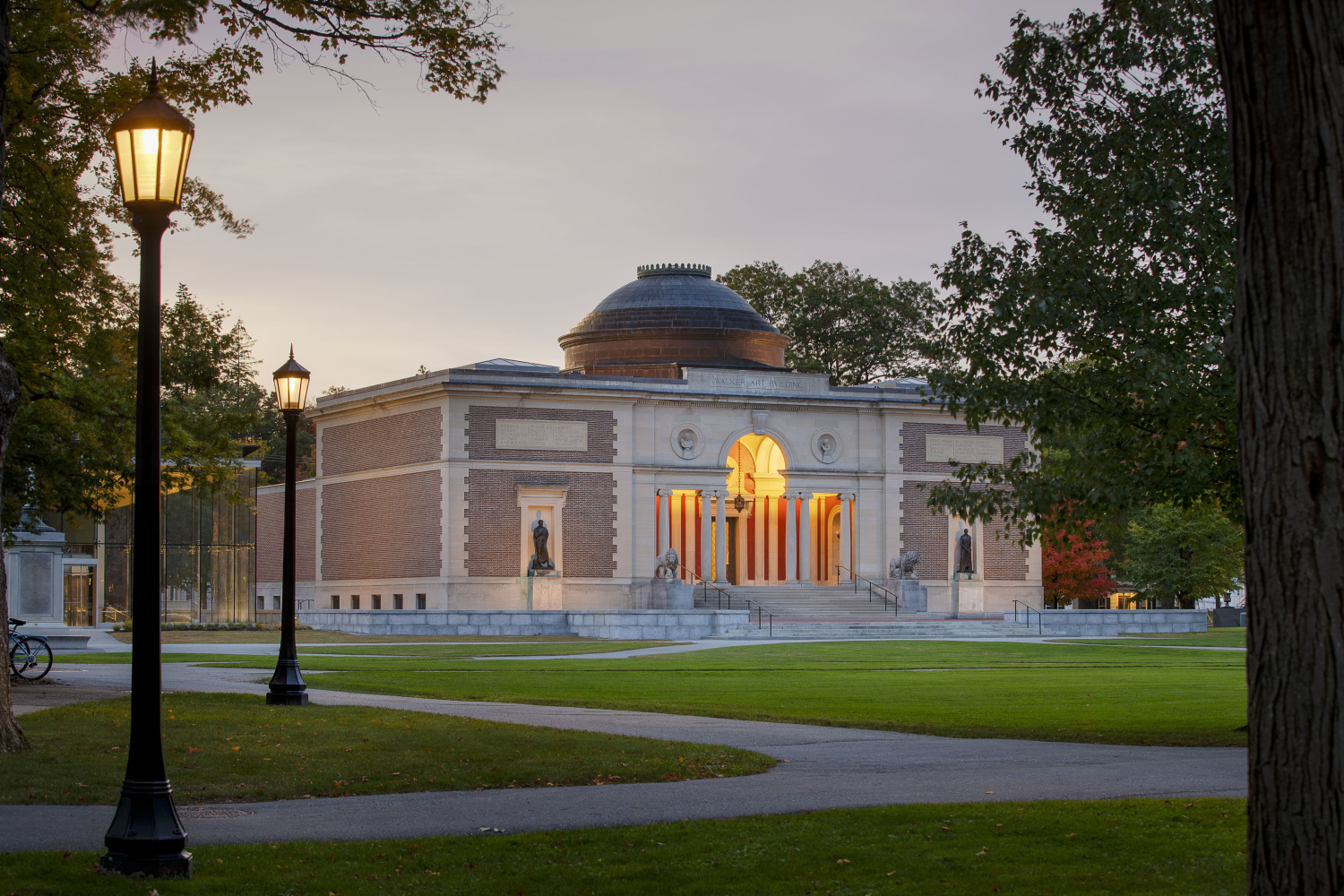Bowdoin Student Government
Office of the Executive Committee
For Immediate Release
26 June 2013
Student Loan Interest Rates
We call upon our elected officials in Washington, together with students from across the country, to urge you to prevent interests on subsidized Stafford loans from doubling on July 1 from 3.4% to 6.8%. This is an opportunity to take meaningful steps to address the growing student debt crisis, and we ask you to take meaningful action on this issue.
Student debt is skyrocketing, now exceeding $1 trillion, with the average student holding $27,250 in loans by graduation day. These figures have grown 58 percent in just seven years. This enormous level of student debt weighs heavily on students, our families, and our economy, forcing young Americans to delay major life decisions like buying a home or starting a family. Low interest loans are an economic necessity, allowing lower income families to reach the middle class and maximizing the consumer power of students who have to borrow to finance school. With bipartisan support for affordable interest rates and several proposals on the table, we urge you to keep a few principles in mind:
- Low interest rates make a difference. When interest rates were scheduled to double in 2012, the intensity of student responses demonstrated what $1,000 means for college students and recent graduates. Any market-based program should include some protections against unpredictable, high interest rate environments, e.g. a cap on how high student loan interest rates can go.
- Repayment options must be simple and predictable. Comprehensive student loan reform should include improved repayment options, such as an automatic income based repayment program or student loan refinancing options. These programs help minimize the impact that a high student debt burden has on graduates’ major life decisions.
- Reinvest any cost savings back into financial aid. Student loan reform cannot come at the expense of other vital education programs, and we ask that any cost savings be reinvested in education to increase college access, support student success, and keep student debt low. It should be a goal to make any long term plan cost-neutral or add investment to programs like Pell.
Expanding access to post-secondary education improves the success of our country as a whole. Investing in the American people is the key to a dynamic 21st century economy that can support long-term growth. If a college education falls out of reach for millions of Americans, our entire economy will suffer the consequences. Young people with student loans are less able to purchase homes and participate as consumers in our economy. Raising the interest rates on student loans exacerbates the problem by unnecessarily pushing students further into debt and limiting future economic growth. Our classmates and their families represent a broad range of ideologies and backgrounds. However, the vast majority of students on this campus and campuses across the country are rallying again, as we did last year, around the belief that everyone should have access to world-class education at an institution like Bowdoin.
We urge our elected officials to take action by July 1 and believe now is an opportunity to implement a comprehensive, student-centered approach to student loan reform to more aggressively tackle the student debt crisis. If long-term plans prove politically impossible, we support a short-term extension of the current rates at 3.4% until a time when such comprehensive reform proves politically viable.
By Order of the Executive Committee of Bowdoin Student Government
NEMINE CONTRADICENTE
Sarah Nelson ’14, Chairman
Allen Wong Yu ’14
Roberto Tavel ’16
Jordan Goldberg ’14
Megan Massa ’14
Daniel Mejia-Cruz ’16
David Levine ’16
Letter to Senator King re. Student Loan Interest Rates by bowdoinbsg
Letter to Senator Collins re. Student Loan Interest Rates by bowdoinbsg
Letter to Congressman Pingree re. Student Loan Interest Rates by bowdoinbsg


